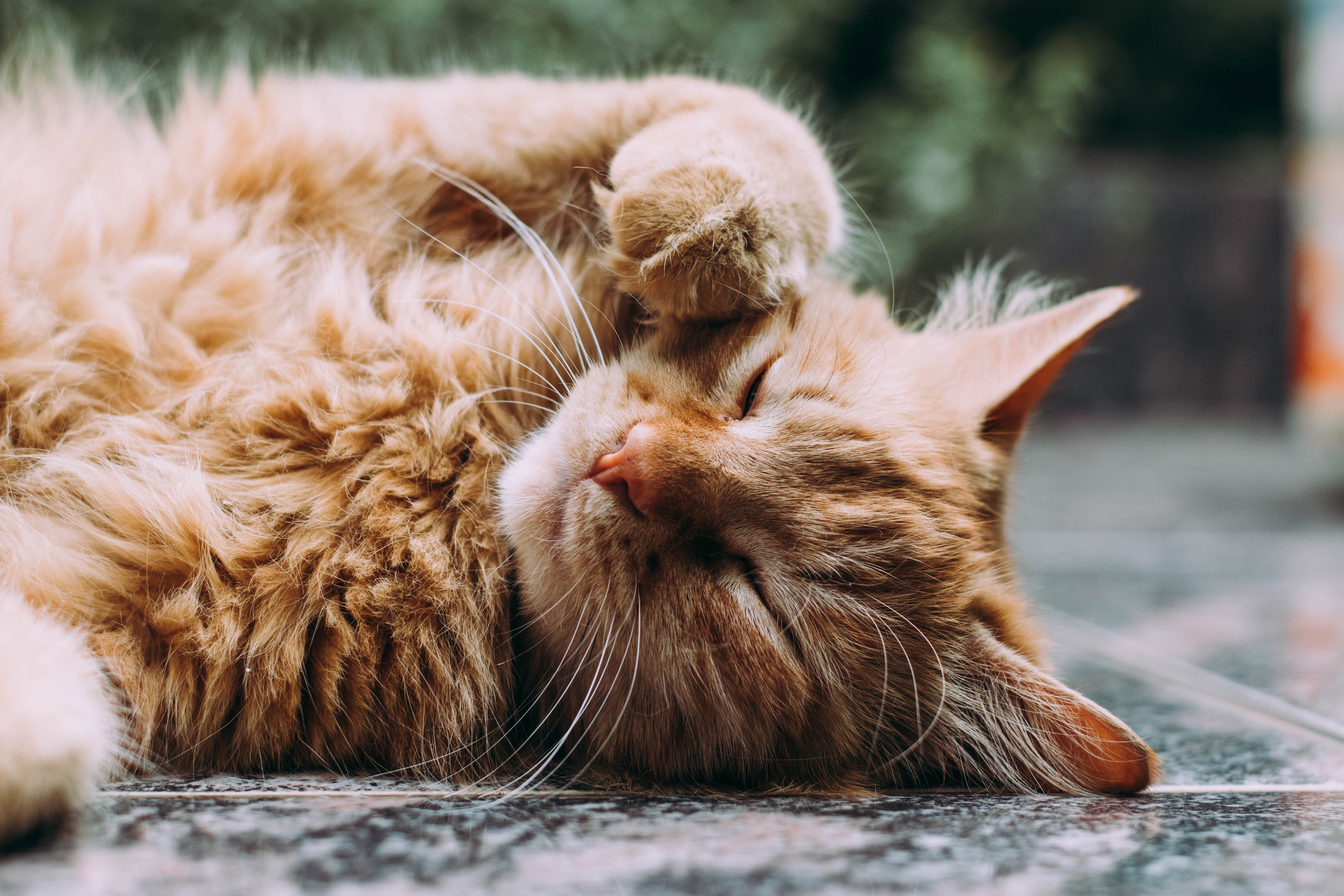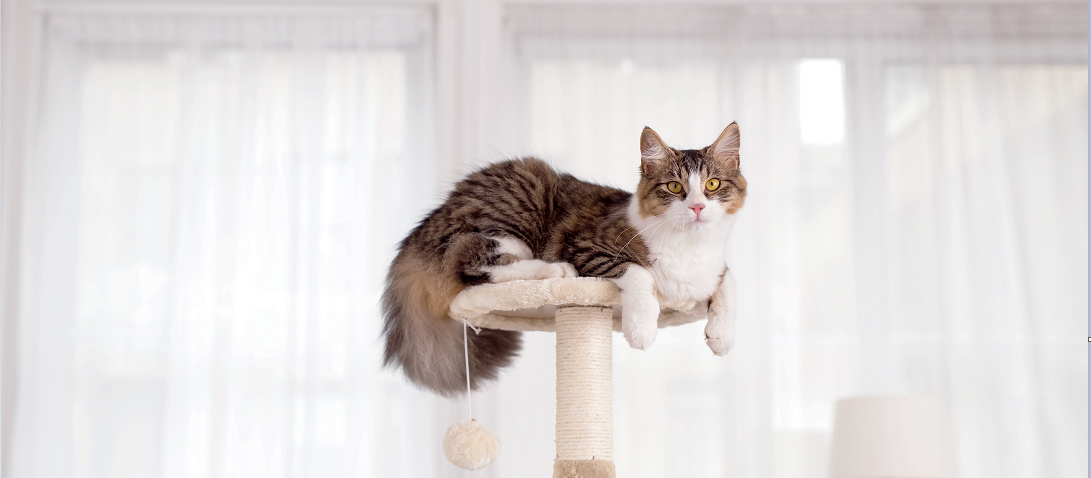
How to Help a Cat with Arthritis?
If your cat is slowing down, or having difficulty going up or down stairs or jumping up onto or down from surfaces, they may have ...
02 June 2021
Read More
Arthritis is a chronic condition caused when the normal joint tissues degenerate (or wear away), leading to pain and ongoing damage.1,2 Arthritis commonly develops in middle age, with older cats more likely to demonstrate signs of arthritis.
Arthritis in our pets is sadly very common. Around 40% of all cats will show signs of arthritis and more than 90% of cats older that 12 years have signs consistent with arthritis when looking at x-rays of their joints. If left untreated, the pain will become worse over time.
Despite how common arthritis is in cats, it is underdiagnosed. Globally, only around 13% of cats with arthritis will receive a diagnosis and therefore, treatment for their chronic pain. So why is this number so low?
The nature of the cat’s behaviour means they tend to hide signs of illness or pain. In the wild, showing signs of illness would make them vulnerable to predation from other animals and this behaviour has carried over to our pet cats. Whilst beneficial in the wild, this is not helpful in a home environment. It means that illnesses can be well advanced before we notice anything is wrong.
Another reason why arthritis in cats is not easy to spot, is due to the common misconception that slowing down or being less active is a normal change as cats get older. This is not the case. If your cat becomes less active, shows less interest in or a reluctance to play, this could be a sign that your cat is suffering from arthritis.
However, if we are aware of the behaviours (or lack thereof) associated with arthritis in cats, we can spot the signs earlier, meaning we can ensure our cats are comfortable, more mobile and have a good quality of life.
It is important to note first that you know your cat best as their owner. These signs give us clues that there may be arthritis affecting one or more of your cat’s joints. Any deviation from the ‘normal’ behaviour of your cat warrants a visit to the vet for a check over. As we have already mentioned, cats are experts at hiding signs of illness and your vet will be happy to examine your cat if you are worried.
Mobility:
Your cat may be reluctant to
Behaviour:
Your cat may be:
If you notice any of these signs in your cat, it could indicate they have pain associated with arthritis. It is important to seek treatment from your veterinary surgeon if any of the above are noticed.
References:
MM-14647

If your cat is slowing down, or having difficulty going up or down stairs or jumping up onto or down from surfaces, they may have ...
02 June 2021
Read More
Here at PetDialog, we’ve noticed an increasingly common problem amongst UK cat owners: other people feeding your felines. Al...
05 January 2018
Read More
Whether you're a new cat owner or have been the proud owner to a fur baby for some time now, there's one thing that all cat owners...
05 January 2018
Read More